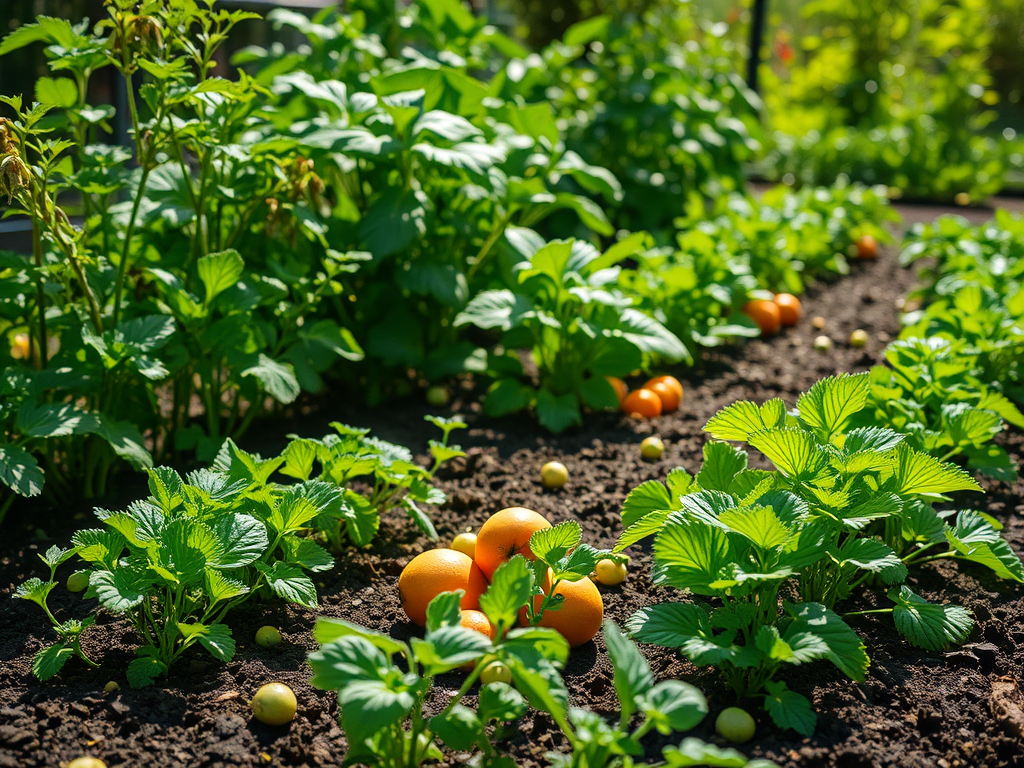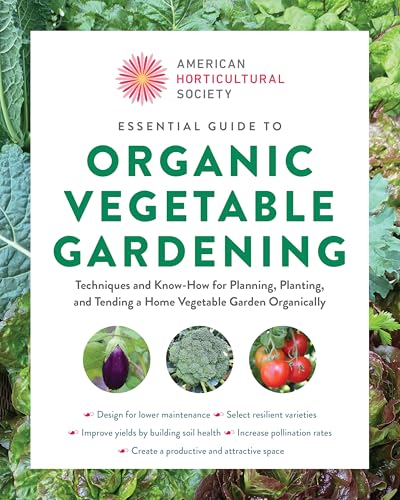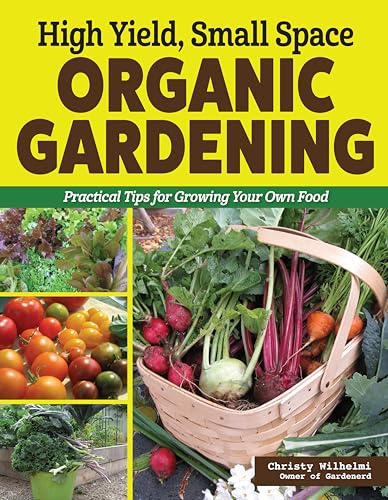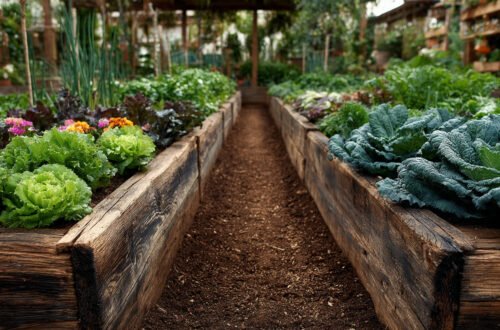Organic Gardening: A Complete Guide to Healthy & Sustainable Home Gardens
Discover what organic gardening means, its practical techniques, and top benefits. Learn how to start organic gardening at home with proven eco-friendly methods for abundant, safe, and delicious harvests.
Organic gardening is more than a gardening trend—it’s a movement toward safe food, healthy living, and a greener planet. Practicing organic gardening at home allows anyone to enjoy delicious vegetables, vibrant flowers, and a thriving ecosystem—all while reducing chemical use and supporting sustainability.
What is Organic Gardening?
Organic gardening is a natural method of cultivating plants, herbs, fruits, and vegetables that avoids synthetic chemicals and artificial fertilizers. The heart of organic gardening is soil health—nourishing soil life through compost and organics, supporting long-term fertility and plant vigor.

Key Benefits of Organic Gardening
- Produces healthier, tastier vegetables and fruits.
- Builds soil structure and fertility by increasing organic matter.
- Reduces harmful pesticide and chemical fertilizer residues on food.
- Supports biodiversity, pollinators, and beneficial insects in the garden.
Principles of Organic Gardening
- Soil First: Focus on feeding the soil with compost, mulch, and green manures.
- Chemical-Free: Avoid artificial pesticides and fertilizers, choosing natural pest management like neem oil or companion planting.
- Water Wisely: Mulch, drip irrigation, and careful timing reduce water waste and strengthen plant health.
- Plan Ahead: Crop rotation and diverse planting reduce disease and pest pressure in organic gardening.
How to Start Organic Gardening at Home
Choose Your Garden Site
Pick a sunny, well-drained spot with easy water access for the most successful organic gardening experience.
🔥 Our Trending Gardening Picks
- The Ultimate Guide to Gardening Radishes: Tips and Tricks for a Thriving Garden
- The Ultimate Guide to gardening raised beds vegetable Growth
- The Essential Do and Don’ts of Gardening: A Comprehensive Guide
- What is the most common mistake of first time gardeners ?
- Understanding Gardening Snakes: Nature’s Reptilian Allies
Build Healthy Soil
Start a compost bin for kitchen waste and yard clippings. Work compost and well-rotted manure into your soil to boost fertility and living microorganisms.
Select Plants Suited for Organic Gardening
Opt for disease-resistant, native, or heirloom varieties that thrive in your climate. Mixed planting helps keep pests in check—another cornerstone of organic gardening.
Natural Pest Management
- Use physical barriers (e.g., netting, paper collars) and trap crops.
- Encourage beneficial predators like ladybugs and birds.
- Rotate crops and interplant aromatic herbs to deter pests naturally.
- Apply organic sprays only when absolutely necessary and follow instructions closely.
Seasonal Organic Gardening Tips
Spring: Start composting and prepare garden beds.
Summer: Monitor for pests and water consistently.
Autumn: Plant cover crops and clear spent plants to prep for next season.
Why More Gardeners Are Choosing Organic Gardening
The global interest in organic gardening continues to soar as people value fresh produce, environmental health, and family safety. Organic gardening makes gardening accessible, rewarding, and profoundly impactful for local biodiversity and personal well-being.
Discover more from Ecorganicas
Subscribe to get the latest posts sent to your email.








